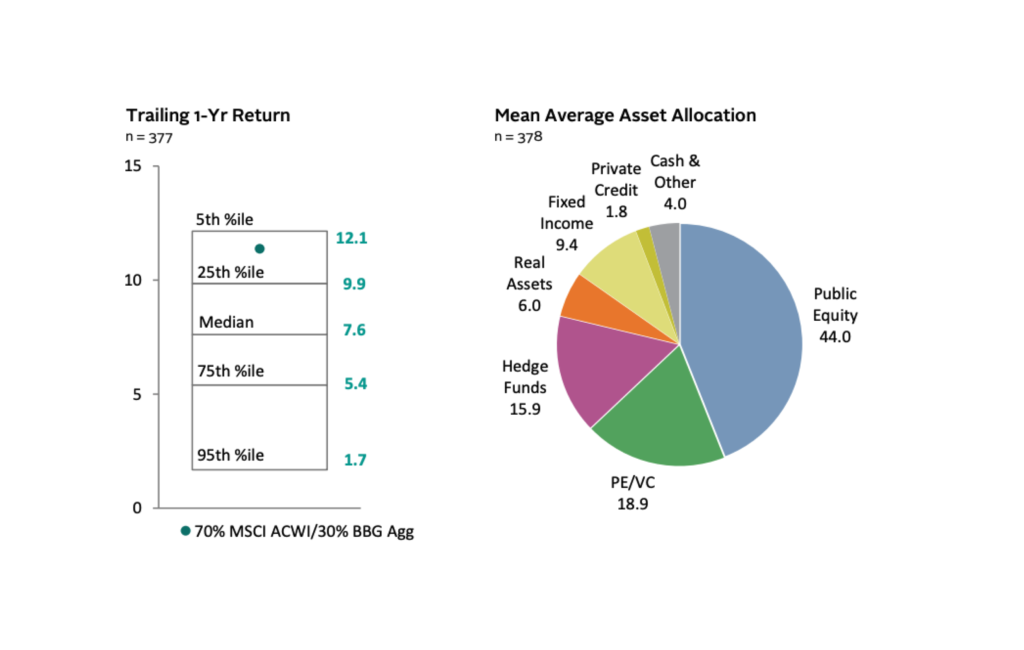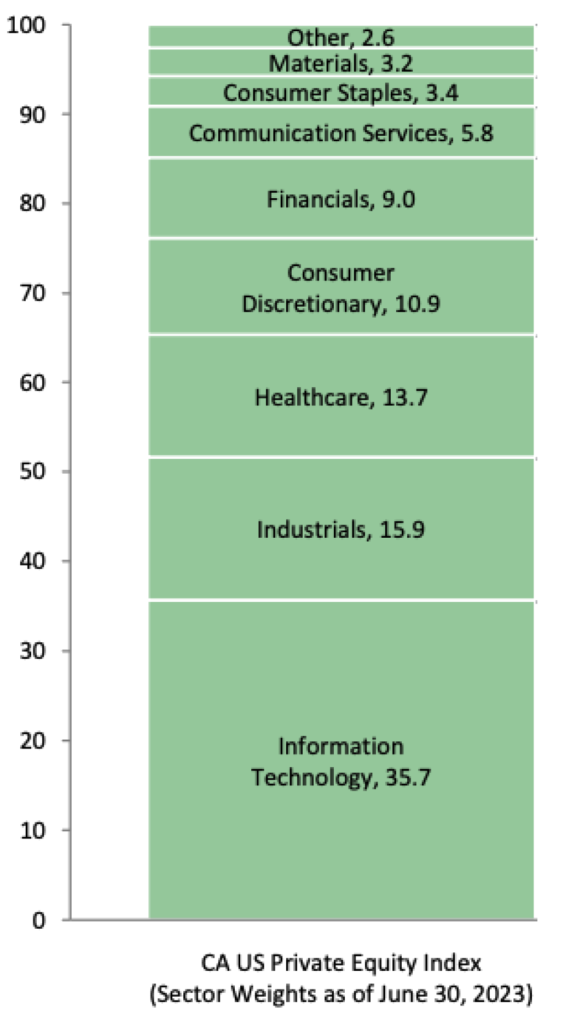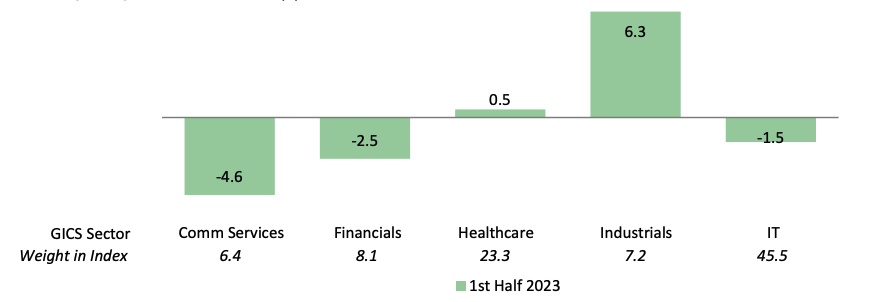Our Expert Team is at Your Disposal to Provide All Answers
Reasons to invest in Private Equity : A highly attractive asset class
Une diversification optimale de votre fortune
Invest Direct focuses on 3 types of Private Equity investments:
Les risques de perte de capital
A
Advisory board
A committee of experienced individuals and/or representatives of major investors, which provides advisory opinions.
B
Build-up
Development of a company through external growth.
Business Angel
Someone who puts his or her investment capacity and business experience at the service of the company in which he or she invests.
Buyout
Generic term covering the various types of company takeovers. See BIMBO, LBO, LBU, LMBO, MBI, MBO.
C
Carried Interest
Profit-sharing compensation paid to fund managers and their employees based on their portfolio’s performance. It generally amounts to 20% of capital gains, payable only once the financial investors have achieved a minimum internal rate of return (hurdle rate).
Closing
The final stage of the investment structuring process, after which the legal documents are signed, the funds are disbursed by the investors and the transaction is completed.
Co-investissement
The simultaneous acquisition of a stake in the same target by several structures, in principle under equivalent price, term and legal conditions.
D
Data Room
A virtual platform allowing users to share documents securely and acting as a reference for the organisation of the transaction’s due diligence.
Deal flow
Number of deals proposed to an investment team or a platform such as Invest Direct.
Direct investment
Direct purchase of equity in a private company. It allows the investor to have some control over operations and gain privileged access to information. It is usually more profitable than an investment in a fund, but it is also riskier and requires the use of significant human resources.
Discounted Cash Flow
Method of valuing of the company by discounting future cash flows.
Due diligence
Documents enabling an investor to determine the strengths and weaknesses, risks and opportunities of an investment case. They are usually carried out by external experts.
E
Earn-out
Part of the price paid by the buyer based on future estimated profits of a company. It could be based on EBITDA (earnings before interest, taxes, depreciation and amortisation), EBIT (earnings before interest and taxes) or operating profit projections.
Expansion capital
Equity or quasi-equity investment, generally as a minority investor, intended to finance the development of a company or the purchase of existing shareholders. This aims to support the management in its development strategy with the objective of creating value and liquidity in the medium term.
F
Follow-on equity
Equity investment to finance the acquisition of the majority of a company. If this operation is carried out through a holding company and financed by bank debt, it is called an LBO.
I
IRR (Internal Rate of Return)
The actuarial rate of return on an investment where the present value of the positive flows (dividends, interest and proceeds) is equal to the present value of the negative flows (investments).
L
LBI (Leverage Buy In)
A takeover of a company by an outside person or team using leverage.
LBO (Leverage Buy Out)
Acquisition of a company by its managers associated with equity investors. The financial package includes a greater or lesser proportion of loans, the repayment of which is planned to be exacted from future cash flows.
LBU (Leverage Build Up)
An LBO holding company that acquires companies in the same industry as its original target through the use of debt.
Leverage
A financing technique that consists of paying part of the acquisition price of a company with debt in order to increase the return on the equity invested.
LOI (Letter of Intent)
A document formalising an investor’s investment proposal to the company in which he/she proposes to invest. This offer is not binding on the investor (non-binding offer).
M
Management fee
A fee paid annually by a fund to the management company, usually between 1.5% and 3% of the amount of funds committed during the fund’s investment period.
MBI (Management Buy-In)
Buying a company with the financial involvement of a new outside management team (LMBI if bank leverage).
MBO (Management Buy-Out)
Buying a company while financially involving the incumbent management team (LMBO if bank leverage).
Mezzanine financing
Financing instruments that rank ahead of equity but whose repayment is subordinated to that of bank, commercial or other debt.
N
Non-disclosure agreement (NDA)
An agreement signed at the beginning of negotiations between the entrepreneur and/or seller and the investor that defines what information is considered confidential and the obligations of the parties with respect to that information within a given time and place.
O
OBO (Owner Buy Out)
Acquisition by the company’s owner who partly cashes out while reinvesting in the takeover holding company so as to remain a significant shareholder.
P
PIPE (Private Investment in Public Equity)
Refers to an investment in a listed company along the practices of Private Equity (forfeiting the immediate liquidity of the stock market, medium-term commitment, privileged access to company information, involvement in strategic decisions).
S
Secondary transaction
A transaction in which outstanding shares are sold with no new shares issued by the company. It does not bring new financing to the company, as opposed to a primary transaction. It is also referred to as a secondary transaction in the case of the sale of shares in an investment fund by an investor before the end of the life of the fund.
Securitisation
Securitisation is a financial technique that transforms illiquid assets, i.e. assets for which there is no real market, into transferable securities that can be easily traded between financial institutions thanks to an internationally recognised code (ISIN - International Security Identification Number).
Shareholders’ agreement
A document that complements the company’s articles of association, allowing shareholders to organise their relations within the company (exit conditions, protection clauses, etc.). It is confidential, whereas the articles of association are accessible to all.
Stock options
A type of equity right reserved for employees and managers of a company and its subsidiaries.
Success fee
Compensation received by a financial intermediary in the event of the success of the transaction for which it has been mandated.
Syndication
A group formed by several investors to make an investment.
T
Term sheet
Terms or conditions of an investment (equity stake, governance, etc.)
Turnaround capital
Equity financing of troubled companies. They are poised to return to profitability in the short term.
V
Venture capital
Equity or quasi-equity investment in young or start-up companies with a high technological content and/or growth potential.


